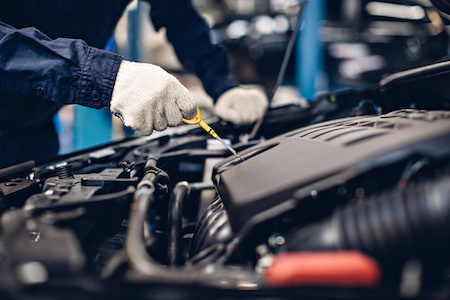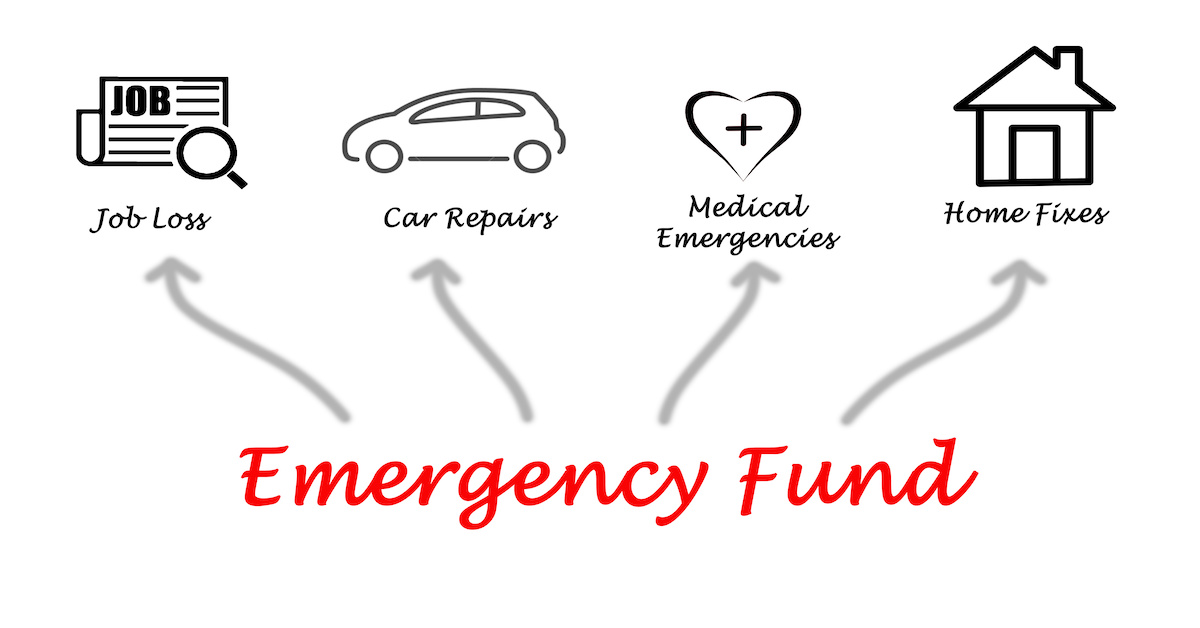Many car owners dread the day they will need car repairs. It’s never fun when your car breaks down, but it can be even more frustrating when you don’t have the money to fix it. Not only do you have to worry about getting your car fixed, but you also have to find a way to pay for it. Most people don’t know how to prepare their budgets for such occurrences, leaving them unprepared. This is why we have put together a guide on how you can begin saving for emergency repairs and how to prevent them from occurring in the first place!
Save Up an Emergency Fund
A rainy day fund is crucial for financial stability, but it can be hard to save up enough money to cover unexpected expenses. Emergencies happen, and when they do, you need to have the funds available to take care of them. Unexpected car repairs, medical bills, or home repairs can quickly deplete your savings account and put you in a difficult situation.
An excellent way to prevent this from happening is to begin saving up an emergency fund so that you’re prepared for the unexpected. Having a cushion of cash will help you avoid taking on high-interest debt when something unexpected comes up. You could start by setting aside just $50 per month and watch your fund grow over time. When you have a cushion of savings, you’ll feel more confident in your ability to handle life’s surprises.
Tips on Reducing Car Repair Costs
Though eventual car repairs are inevitable, there are some ways that you can reduce your car repair costs! We have provided a few tips below.
Regular Automotive Maintenance
Your car is an important investment, and you want it to last as long as possible. Regularly servicing your vehicle will help ensure that it stays in good condition, reduces the risk of breakdowns and improves its resale value. Here are some services that could prevent future costly repairs:
1. Regular Oil Changes:
It’s no secret that regular oil changes are important for the longevity of your vehicle, but it can be hard to remember to do this on your own schedule. Regular oil changes are important for your car’s health. Oil helps carry heat away from the engine and lubricates moving parts, which makes it critical to get your oil changed regularly. Not changing your car’s oil regularly can lead to decreased performance, increased wear and tear, and even engine failure.
Most engines have a recommended interval of approximately every 6,000 miles or every 6 months, depending on which comes first. This could also vary on your vehicle’s make, model, and age, so be sure to speak to a professional. An auto service professional will be able to inspect your vehicle and give you a more accurate timeline based on the type and state of your vehicle.
2. Use Correct Oil for Your Vehicle:
Motor oil is a vital component of your vehicle, and it’s important to use the right kind to get the most out of your car. Using the wrong type of oil can lead to decreased fuel economy, reduced engine performance, and even engine damage. Your auto repair professional, mechanic, or manufacturer will be able to tell you what the right oil for your vehicle is. Keep in mind that not all auto repair shops carry all oil types, so be sure to double-check before making an appointment. Your local auto repair shop will be able to tell you if they have the correct materials to service your vehicle type.
3. Check Tire Pressure and Tread:
It’s important to keep your tires in good condition to improve fuel efficiency and avoid dangerous blowouts. Not only is it important to keep your tires in good condition for safety reasons, but it’s also crucial for improving fuel efficiency and preventing costly repairs! Tire rotations and tire pressure checks are usually performed during regular service visits, though this may vary from shop to shop.
4. Change Your Filters:
Filters in your car are the main line of defense against dust and debris. If you don’t change them, they can clog up over time and stop working. This means that dirt will be able to get into all areas of your engine, which is bad for performance, gas mileage and even safety.
You need to change your filters regularly as recommended by the manufacturer or every 12 months at a minimum.
5. Regular Tune-ups and Inspections:
Regular tune-ups and inspections are the keys to keeping your car running smoothly. Not only is regular preventive maintenance important for the life of your car, but it’s also critical for your safety. Getting your car tuned and regularly inspected could go a long way when it comes to preventing unexpected vehicle breakdowns or repairs!
Develop Good Driving Habits
We all know that bad driving habits can cause damage to our vehicles, but it’s hard to break old habits. Bad driving habits can cost you money in the long run. Not only do they damage your car, but they can also lead to traffic tickets and increased insurance rates. Here are some bad driving habits to avoid:
- Flooring the gas/Excessive speed
- Hard braking
- Fast turning
Practicing good driving habits will prevent unnecessary stress from occurring to your vehicle’s brakes, engine, and tires, which will help prevent the need for costly repairs down the road.
Call Ron’s Auto & RV!
Ron’s Auto & RV has been servicing and repairing cars, diesel trucks and RV’s in the Vancouver, WA area for over 40 years. From late model import vehicles and domestic cars, diesel trucks and RV’s to classic and muscle cars, our ASE-certified mechanics can handle all your auto repair needs. Everyday regular maintenance issues to major engine repairs, we promise to provide you with a quality, affordable and fully warrantied auto repair service. Call us to speak with one of our knowledgeable automotive technicians today!

